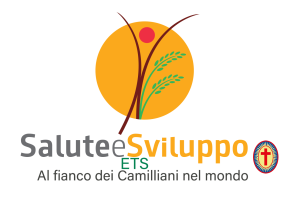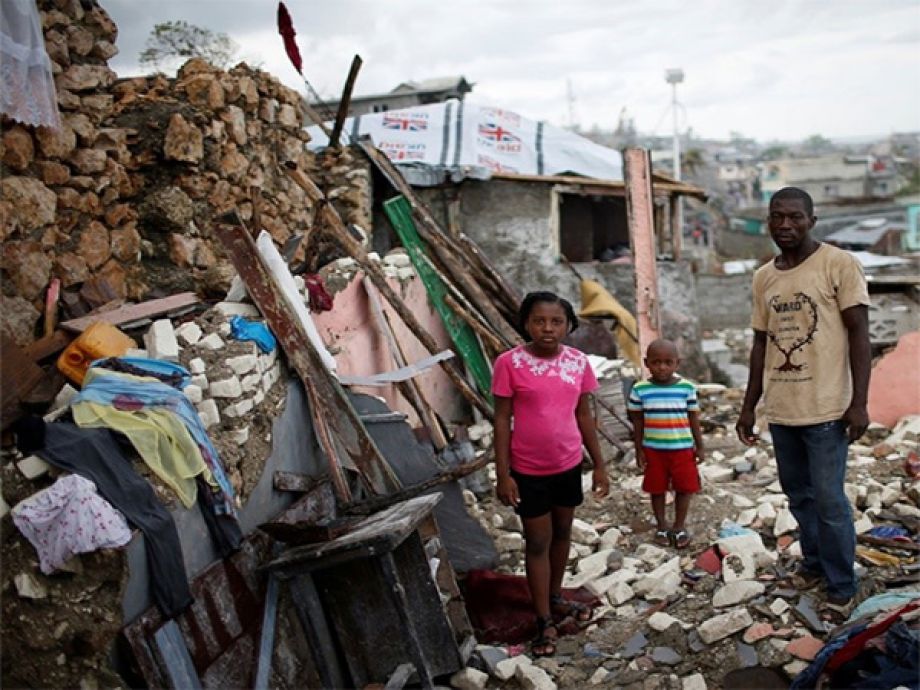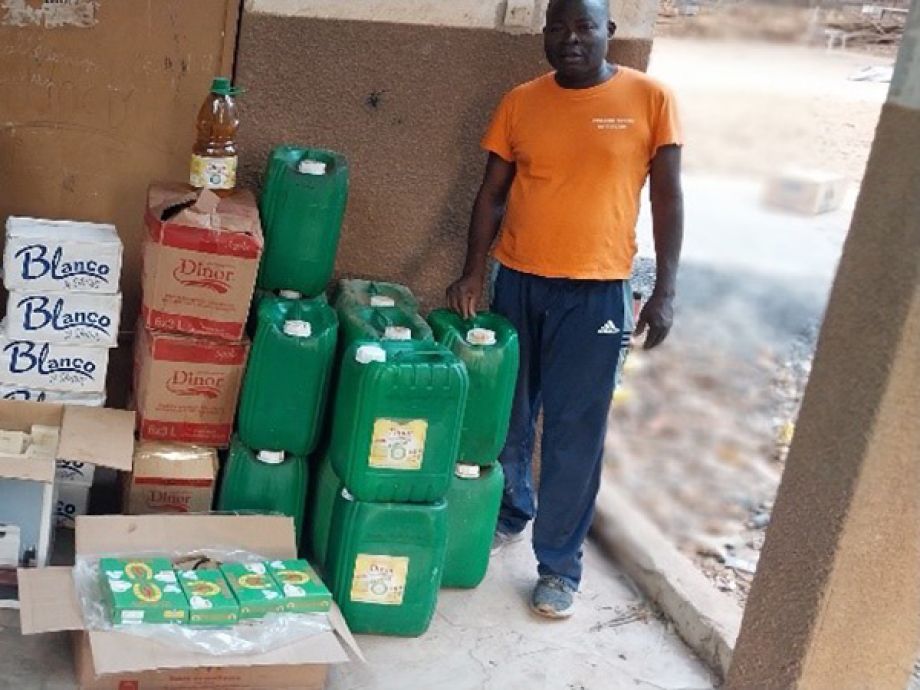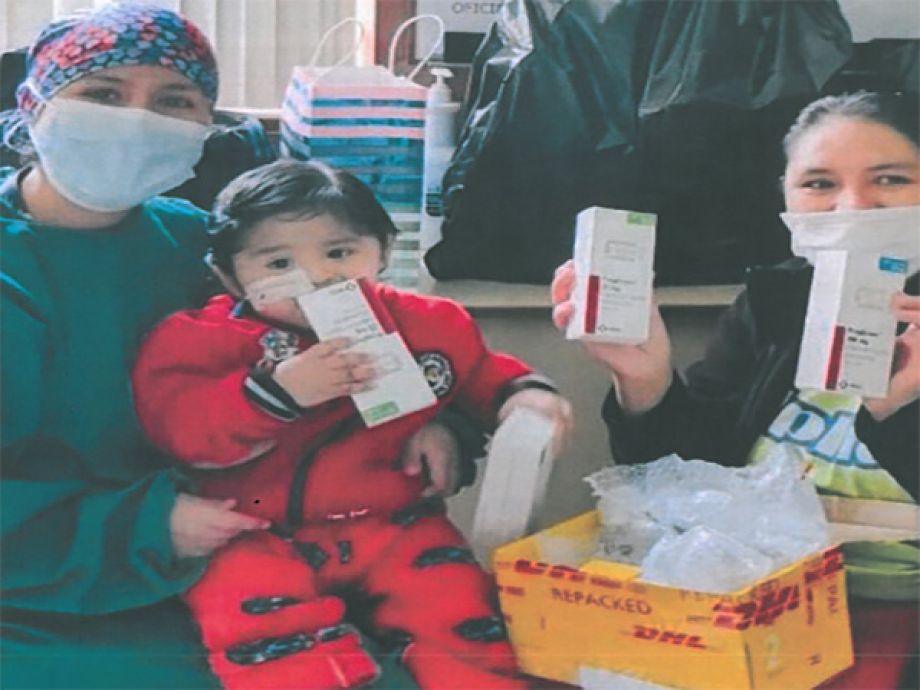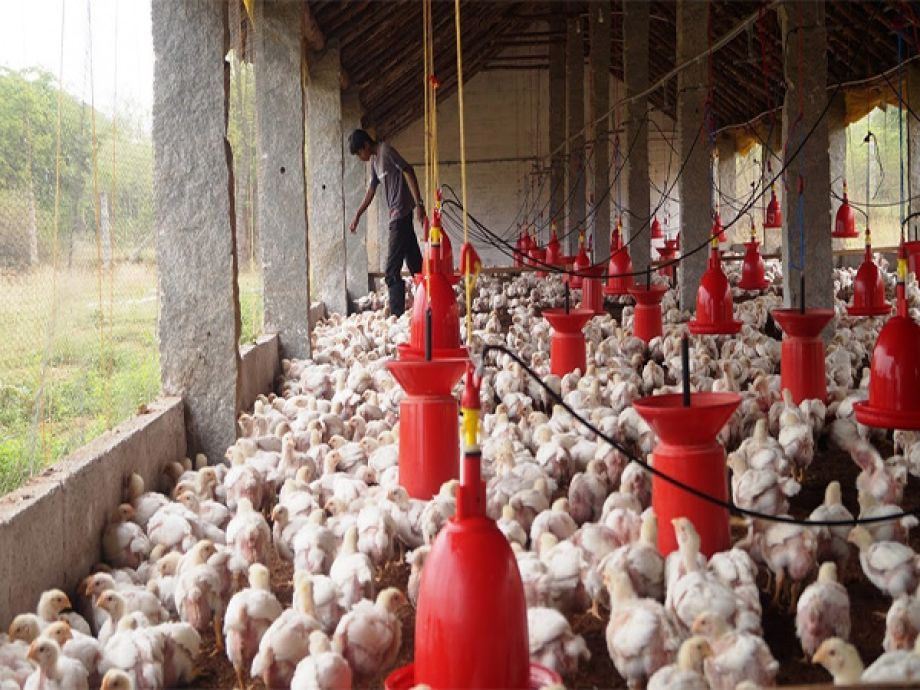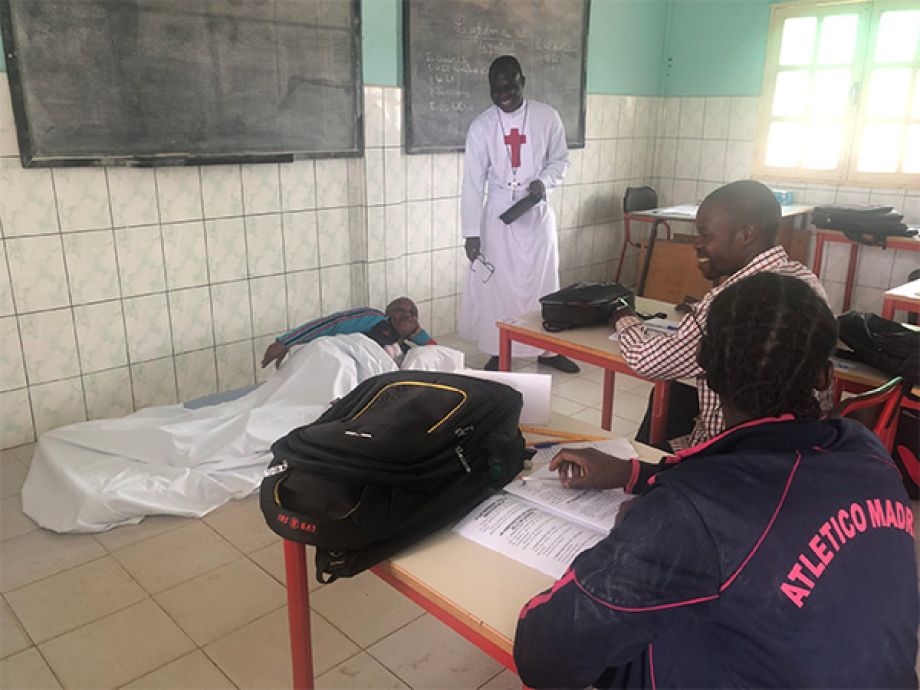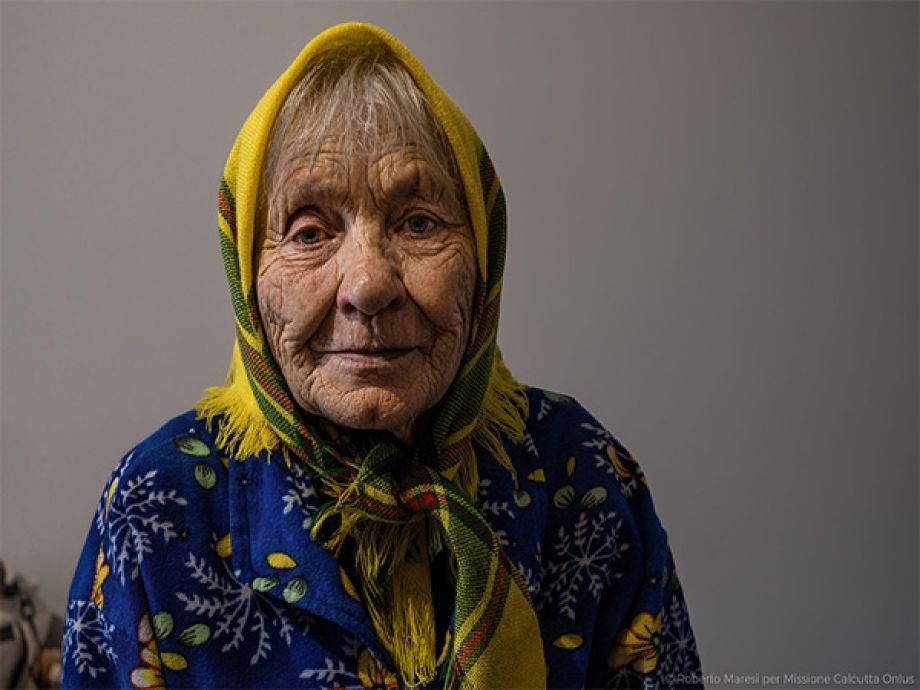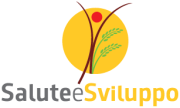FIGHTING CHOLERA IN HAITI
Haiti is sadly known for the earthquake that struck it in 2010, killing more than 200,000 people. The consequences of the earthquake were very serious: in addition to the many dead and injured, most of the country’s houses and infrastructure were destroyed. Millions of displaced persons were forced to assemble in relief camps, living in temporary dwellings, lacking basic services. This precarious state triggered a violent cholera epidemic, which soon spread throughout the island.
Cholera is caused by a bacterium that affects the small intestine, causing severe discharges of diarrhoea and subsequent dehydration in those who contract it. The patient must be immediately rehydrated orally, following the right prophylaxis. The disease is more easily spread in unhygienic environments and is often caused by contaminated water. In Haiti, in 2010, the consequences of the epidemic were very serious, considering that the lack of infrastructure made it impossible to adequately care for all those affected.
Thirteen years have passed and the situation on the island is still disastrous: the many billions received for reconstruction have not been properly utilised, people continue to live in shanty towns where tin shelters have been built and dilapidated wells dug, the only real help to the population comes from humanitarian organisations and international cooperation. Also disastrous is the political situation in the country, which in recent years has had to cope with numerous coups d’état and the violence of various armed gangs fighting each other.
In this delicate scenario, Madian Orizzonti Onlus promotes and follows health projects, such as the construction of a hospital and the treatment of particular diseases, such as cholera, which has never ceased to be a danger to the population.
Salute e Sviluppo has decided to intervene alongside Madian Orizzonti Onlus for the ‘Cholera’ project: from 1 January to 30 June we will help the Hopital Foyer Saint Camille di Port-au-Prince, run by the Camillian community, to fight the spread of this disease. We will both treat those who are currently affected and prevent the spread with frequent sanitisation and the right prophylaxis against the disease. Awareness-raising will also be of primary importance: the project – in fact – envisages several meetings to be held in schools, with the aim of educating the youngest about cholera and how to prevent and avoid contagion, in the hope of averting the risk of a new epidemic.
We hope, also thanks to our contribution, to be able to give concrete help to a population that continues to find no peace, despite the 13 years that have passed since that tragic event that irretrievably changed the face of the island.
